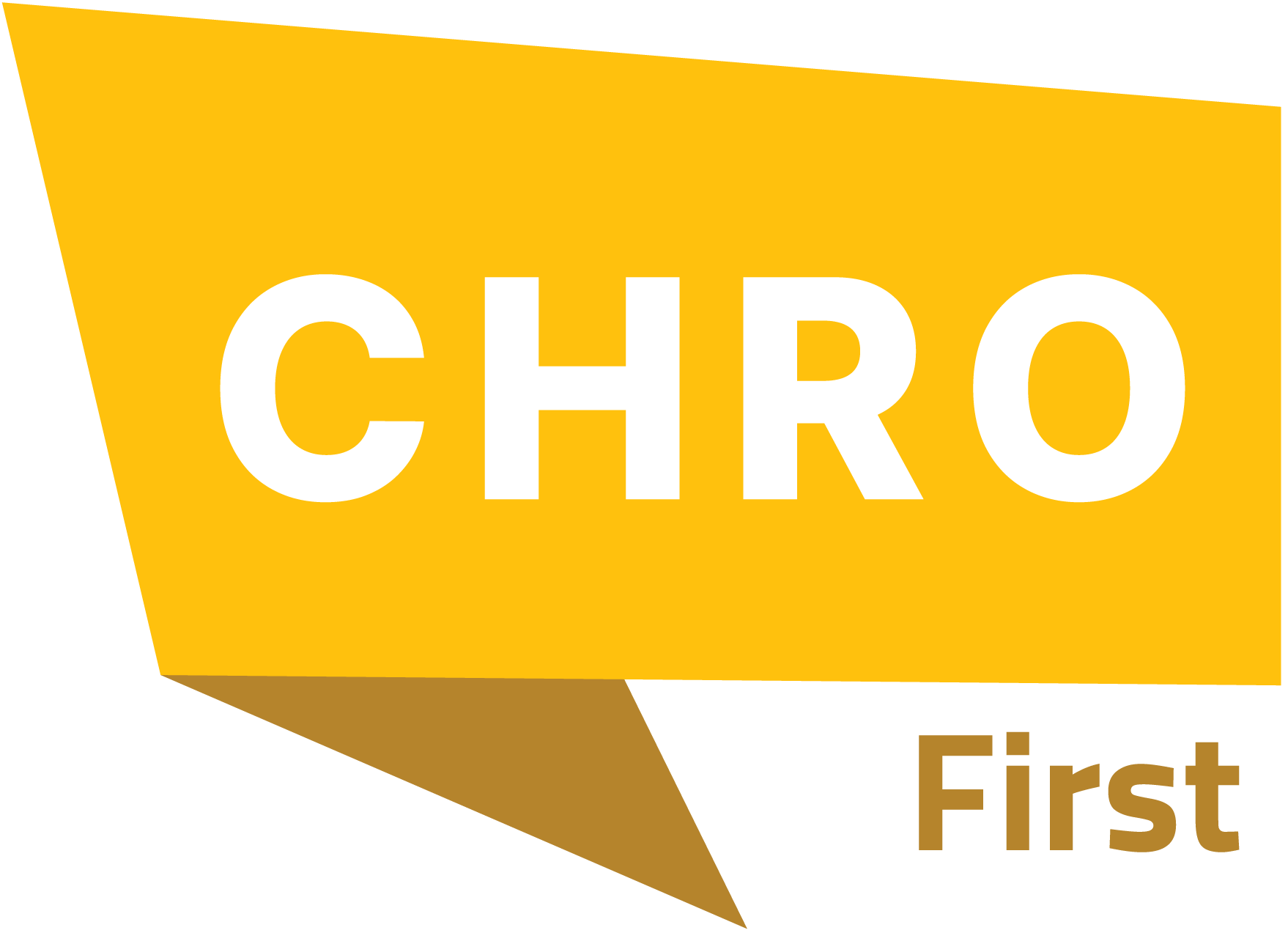As organizations around the world are having to face the realities of hybrid work, the accelerating impact of artificial intelligence, and rising employee expectations for flexibility and connection, global HR research and advisory firm McLean & Company has released a critical new report, The Future of Workplace Collaboration. This research arrives at a pivotal moment when many organizations are struggling to strike the right balance between human connection and technology-enabled efficiency. Drawing on McLean & Company’s proprietary 2025 Workplace Collaboration Survey of 467 professionals, along with in-depth executive interviews and secondary research from more than 150 academic and industry sources, the firm’s report provides a comprehensive analysis of how collaboration is being redefined and what organizations must do to unlock its full potential in the decade ahead.
McLean & Company advises that collaboration, once synonymous with teamwork and communication, is now a far more complex and dynamic force. It encompasses a spectrum of interactions ranging from simple information sharing to full integration across teams and functions and, increasingly, with technology. The firm’s recently published report makes clear that in an era defined by hybrid work, global distribution of teams, and rapid advancements in artificial intelligence, organizations must deliberately reimagine how collaboration happens if they are to thrive.
“Collaboration is often regarded as a workplace activity, but in reality, it’s so much more,” said Alexandra Zawora, Manager, Human Resources Research & Advisory Services, at McLean & Company. “Our research shows that effective collaboration must be intentional and balanced, combining human connection with technology-enabled efficiency. Organizations that fail to adapt risk missed opportunities, siloed operations, and diminished employee experience.”
Also Read: Soul Machines Launches Workforce Connect App to Humanize Automated Enterprise Workflows on the ServiceNow AI Platform
Key Insights From McLean & Company’s The Future of Workplace Collaboration Report
- Collaboration drives measurable business outcomes. According to survey results, employees who agree their organization has a collaborative environment are 5.4 times more likely to be engaged and 1.9 times more likely to say they intend to stay with their organization. High-performing organizations that effectively leverage technology for collaboration are also twice as likely to report improved workforce productivity.
- Balance is critical. Nearly one in three survey respondents reported their organization does not collaborate enough, leading to silos and inefficiencies. Conversely, over-collaboration, such as excessive meetings, unclear roles, and information overload, slows progress and drives burnout. The most effective organizations strike a deliberate balance.
- Technology is reshaping how we collaborate and with whom. From AI and chatbots to collaborative robotics, technology is no longer just a tool in workplaces – instead, it functions as a strategic partner. While these advancements can increase agility and unlock new economic value, they also introduce risks, from privacy and ethical concerns to the erosion of human connection and critical thinking skills.
- Structural and cultural barriers persist. McLean & Company’s data insights highlight that inefficient processes, complex organizational structures, and a lack of collaboration skills are the top barriers to effective collaboration. Cultures that fail to build trust or reward teamwork further undermine progress.
- Strategic enablers define future success. The report identifies six enablers: culture, skills, process, technology, structure, and HR partnership. McLean & Company advises that HR leaders must activate these in partnership with executives to ensure collaboration drives sustained organizational performance.
“When done well, collaboration becomes a catalyst for agility, innovation, and profitability,” said Rachel Stewart, Associate Vice President, HR Research & Advisory Services, at McLean & Company. “But without intentional design, it risks creating inefficiency and frustration. This report equips HR leaders and executives with the tools to diagnose their current state and build tailored strategies that enable collaboration to flourish across people, processes, and technology.”
McLean & Company‘s report guides HR professionals through a structured reflection process, from assessing whether collaboration is an organizational priority to engaging key players, evaluating current practices, and mapping out actionable next steps. By adopting a data-driven and human-centric approach, organizations can remove critical barriers, foster trust and engagement, and design collaborative environments that meet today’s needs while preparing for tomorrow’s challenges.
Source: PRNewswire


